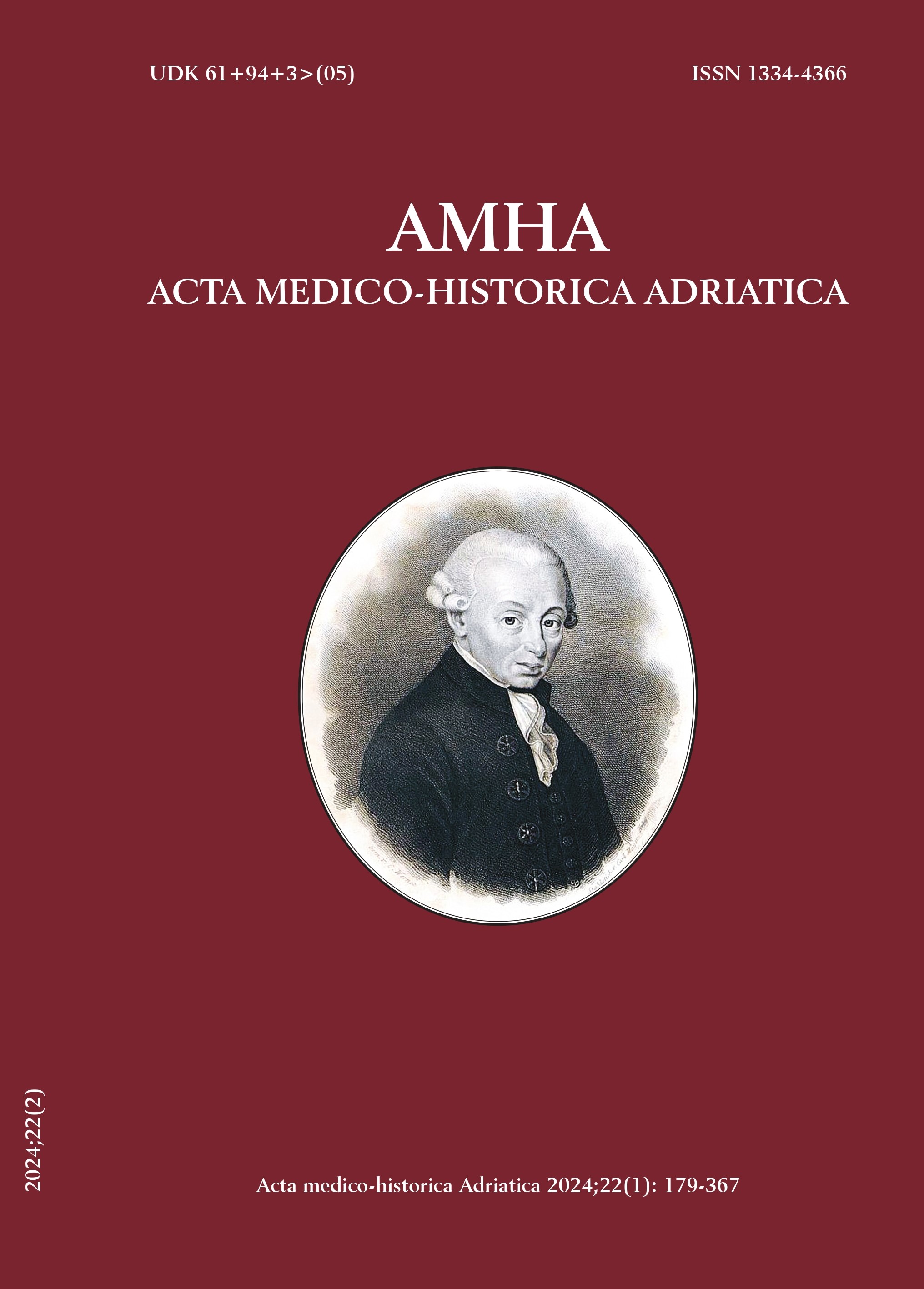KANT'S CONCEPT OF HEALTH AS AN INTERACTION OF MIND AND BODY
Keywords:
Kant, Health, Disease, PsychosomaticsAbstract
https://doi.org/10.31952/amha.22.2.9
This paper examines Kant's concept of the health under four aspects. Part 1: Kant speaks of health primarily in terms of common sense (gesunder Menschenverstand) and healthy reason (gesunde Vernunft). The concept of health is therefore mainly an epistemological concept. Part 2: Health then stands in the context of disease. For Kant, disease is always linked to a lack of cognitive capacity. Kant’s thoughts on disease and health can be found above all in his late writings "Anthropology from a Pragmatic Point of View" (1798) and "The Conflict of the Faculties" (1798). The early work "Essay on the Maladies of the Head" (1764) and a speech on "On Philosophers‘ Medicine of the Body" (1786) should also be included. Since health is primarily in the context of cognition, mental illnesses are at the centre of Kant's work. Part 3: Kant repeatedly presents his own state of health as an example. When Kant wrote his own "dietetics" in response to Christoph Wilhelm Hufeland's "Macrobiotics or The Art of Prolonging Human Life", it becomes clear that the attainment of physical health is also linked to mental health. After all, we can speak of psychosomatics. Part 4: For Kant, the preservation of health is also the task of the government. This political dimension of health is evident in Kant’s writings. This discovery of psychosomatics is part of a medical-historical context that originated with Kant, among others, and which has not yet been sufficiently researched


